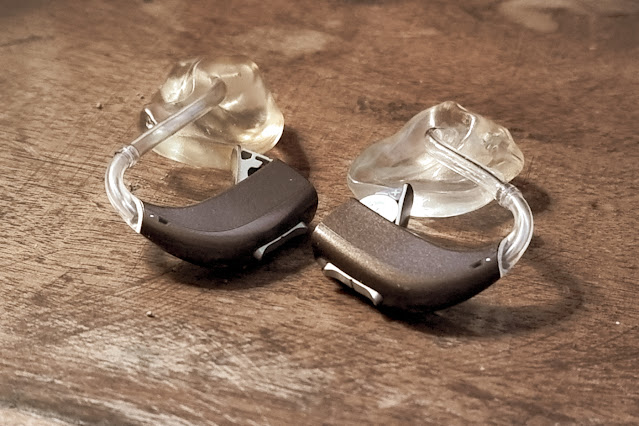I'm a member of the Gay Photographers Network, so ding, there's a label to whizz through the self-checkout. Its important to me though. This particular label helps to tell the world my marriage partner is a man and sometimes the artwork I choose to create, whether its my photography or my writing, is informed by my life amongst LGBTQI+ friends and allies, and other artists who identify somewhere in that collection of diverse people.
Disabled also defines me. Another ding at the till. So I have a Freedom Pass in London because thanks to a drunk driver in 1973 I was left with one of those pesky invisible disabilities and a lifetime of medication that, fifty years down the line I still have to take. I wont bore you with the problems its caused me but that's the nature of invisible disabilities. They are double edged. People can't see these things until they present and then its panic stations. Does it inform my photography? Not in the same way that being gay does but it has definitely made me a more empathetic person.
Lastly, and the subject of this blog entry, I'm a deaf photographer. I'm a deaf writer. I'm a deaf artist. Does this inform what I do? Oh yes, you betcha. Every single cell in my body is deaf, not just my ears. I have a sort of half and half experience. My first language is English, not British Sign Language. But I really struggle to hear. I sign a bit. I hear a bit. I'm imperfect in both modes, fitting into neither world comfortably. I always feel something is missing. that I missed out somewhere.
I was born severely deaf and got progressively deafer through childhood, but despite this I was considered hearing enough to hear and learn English and so, with hardly any support at all I struggled through school with just a hearing aid to help me and not much understanding from anyone other than my family and a few loyal friends. Teachers' solutions ranged from sending me to the back of the class where lipreading at a distance was even harder as punishment for not paying attention, to be being whacked around the head by villainous teachers with blackboard erasers because, you guessed it, I wasn't paying attention. I was paying attention. More than anyone probably, concentrating intensely to try and make sense of each lesson. Thankfully not all of the teachers were as merciless but they were ill equipped to manage a deaf child in a mainstream school in those days. So with help from my dad I learned to read like it was going out of fashion and spent most of the lesson times reading the text books so I could keep up, and in the meantime dad, aware that anything visual worked well for me, inspired my fascination with photography, which was also his particular interest. I was forever painting, drawing, making maps, writing stories and then I got my hands on his camera and was hooked.
Later in life I was working for campaigning deaf and hearing loss charities and had the opportunity to catch up my education and go to college once access improved, but those experiences shaped me, made me the fighter for the underdog and the eternal campaigner. What hearing I have now has worsened in recent years thanks to a cranial infection during the pandemic and I'm told I'm a potential candidate for cochlear implantation. I find myself in a strange between world of being born deaf AND having hearing loss. You wouldn't think that losing that little bit you have could make a difference but when it happened in 2020 it was devastating, so it was an interesting lesson in complacency for me learned the hard way. I'd spent my life being me, not knowing where deaf started and hearing ended, and when that merge point got moved, it was shocking to the core. What that tells me is that being deaf is 100% me, whether I sign or not. Its part of who I am. This blended identity is my absolute core and when that was changed, challenged if you like, the effect was shattering. I had to find out who this new person was who functioned in an altered way.
So how does that affect a person as an artist? I haven't explored this myself yet. I'm not sure I even know how to. Do I want to explore themes of loss? I hate painting deafness as a disability because for many of us it isn't and I never felt it was me that was disabled. It is society who disables us, society that doesn't properly recognise our communication needs or national sign languages, or otherwise promote them fully, or they put barriers in the way of our participation. But we can't ignore the tremendous impact the loss of something incredibly precious like a person's hearing has on an individual. The psychological trauma is as profound as the deafness can be. People experiencing trauma and loss need our care and understanding, and the public in general have little sense of this aspect of deafness, they just see sign language. And its wonderful that we've grown that awareness but now we need to widen it. Perhaps that is where the artist's journey lies for someone like me, who signs a little and hears a little, to communicate the diversity of experience and celebrate both stories because there are amazing stories to be told to the wider public.

Comments
Post a Comment